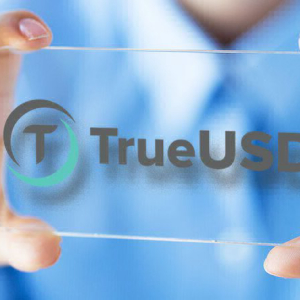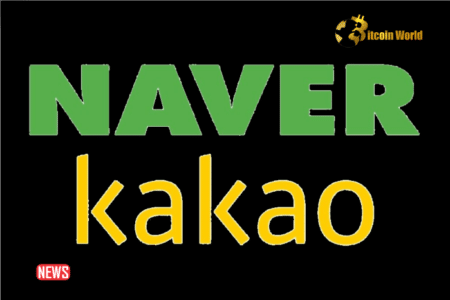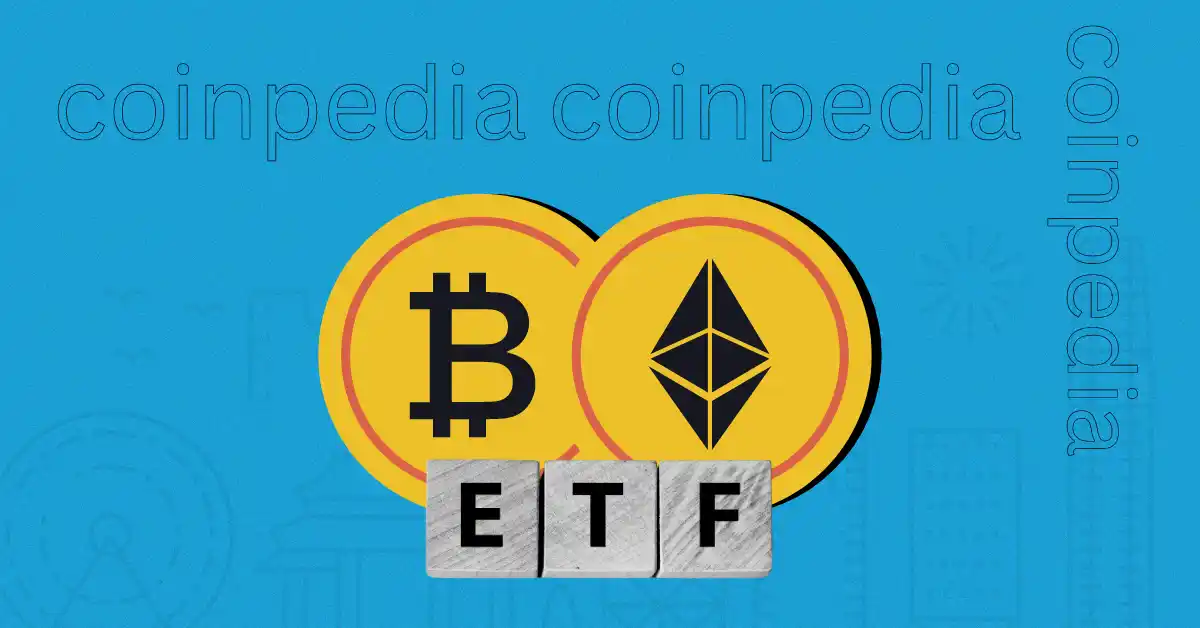Yes, Stablecoins Can Secure Official Audits from Major Firms

Categories:
Comments
Related
Top Categories
- BTC 2847
- Trading 2410
- Market 2284
- Blockchain 2069
- Exchange 1148
- ICO 1120
- Business 1094
- Regulation 1059
- ETH 1048
- Altcoin 816
- Technology 712
- Fiat 692
- Sponsored 574
- Asia 541
- XRP 493
- Other 456
- Mining 341
- ADA 252
- SHIB 225
- LTC 219
- Crypto 211
- DOGE 145
- cryptocurrencies 139
- SOL 116
- Wallet 102
- Bitcoin 91
- Event 80
- USDT 70
- XMR 62
- MATIC 56
- LUNC 48
- ETC 47
- AVAX 43
- Blockchain Technology 39
- UNI 38
- LINK 37
- Commodity 32
- Blockchain Summit 29
- RESEARCH 29
- ZEC 29
- DOT 28
- TRX 27
- Network 27
- LUNA 27
- DASH 25
- Digital Asset 22
- FinTech 19
- Libra 17
- MKR 17
- FIL 16
- SAND 13
- Stablecoin 12
- XLM 12
- AAVE 12
- iGaming 11
- AI 11
- FTM 11
- ATOM 10
- Binance 9
- AXS 9
- digital currency 9
- MANA 9
- ALGO 8
- BCH 7
- artificial intelligence 7
- Social Media 6
- CRV 6
- XTZ 5
- BAL 5
- IoT Platform 5
- 1INCH 4
- Expo 4
- Financial Services 4
- SNX 3
- SUSHI 3
- ZRX 3
- Startup 3
- Finance Expo 3
- currency 3
- COMP 2
- ENJ 2
- Crypto Asset 2
- Shopping 2
- token 2
- YFI 1
- KNC 1
- Investment Forum 1
- Litecoin 1
- Cyber Security 1
- financial industry 1
- Asean Digital 5.0 1
- financial events 1
- iBlockchain 1
- VR Technology 1
- IoT Platform 1
Top Publishers
- cryptopolitan 920
- topmarketgroup 856
- cryptoglobe 698
- ccn 570
- newsbtc 525
- themerkle 517
- cointelegraph 496
- coinpedia 492
- cryptopotato 465
- bitcoin-com 337
- cryptonews 334
- bitcoinist 331
- utoday 307
- coindesk 247
- livebitcoinnews 222
- coinspeaker 219
- timestabloid 158
- ethnews-com 135
- bitcoinmagazine 112
- thenewscrypto 110
- trustnodes 98
- financemagnates 97
- ambcrypto 87
- coinotag 84
- cointurken 74
- cryptonewsz 65
- dailycoin 55
- cryptonewsreview 52
- finbold 50
- bitcoin.com 42
- coingape 41
- blockworks 38
- cryptoknowmics 35
- bitcoinsistemi 32
- cryptobriefing 30
- invezz 30
- decrypt 26
- thecryptobasic 26
- thecoinrise 25
- cryptodaily 23
- theblock 23
- tipranks 22
- 22
- maltablockchainsummit 20
- picante-tech-conference-europe- 20
- cryptocompare 19
- dailyhodl 18
- 144-startup-battle 13
- world-blockchain-summit 13
- crypto_news 12
- bitcoinworld 12
- bloconomic-expo-2019 9
- nft_news 8
- blockchain-life 8
- cryptocoremedia 8
- zurich-igaming-affiliate-conference- 8
- cryptocoinnews 7
- blockchain-economy-istanbul-summit- 6
- bit-tour 6
- iot-solution 4
- crypto-games-conference- 4
- delta-summit-2019 4
- blockchain-futurist-conference 4
- apac-blockchain 4
- blockchance-conference-2019 4
- sigma 3
- d-fine-korea-blockchain-week 3
- blockchain-live 3
- blockchain-summit-india 3
- zycrypto 3
- monex-summit-europe 3
- blockchain-and-bitcoin-conference-prague 3
- -coinsbank-blockchain-cruise- 3
- barcelona-blockchain-week- 2
- world-blockchain-sto-summit 2
- asean-digital- 2
- 99bitcoins 2
- coinnounce 2
- blockchain-conference-moscow 2
- blockchain-eventon 2
- seekingalpha 2
- ken-huang 2
- blockchain-summit-series 2
- dennis 2
- chainpoint19 2
- blockshow 2
- cc-forum 2
- crypto-invest-summit 2
- coinadvice 1
- monex-summit 1
- unblock-tokyo 1
- hong-kong-blockchain-week 1
- coinvention 1
- zolo-poker 1
- bitdegree 1
- blockchain-dapp-expo 1
- chainwire 1
- world-blockchain-forum 1
- nyc-security-token-forum 1
- elev8con 1
- -block-hedge-annual-2nd-annual-blockchain-conference 1
- terracrypto 1
- -provenance-events 1
- cryptofin-conference 1
- yahoofinance 1
- blockchain-economy-istanbul-summit 1
- ai-blockchain-summit- 1
- blockchain-world-forum- 1
- global-blockchain-summit- 1
- pif-events 1
- chaindd 1
- digital-economy-convention 1
- fintech4good 1
- coinalts-fund-symposium 1
- finexpo 1
- infosec-summit 1
- financeworldexpo 1
- korea-blockbiz-summit 1
- block-confex 1
- coinjoker 1
- ethereumworldnews 1














